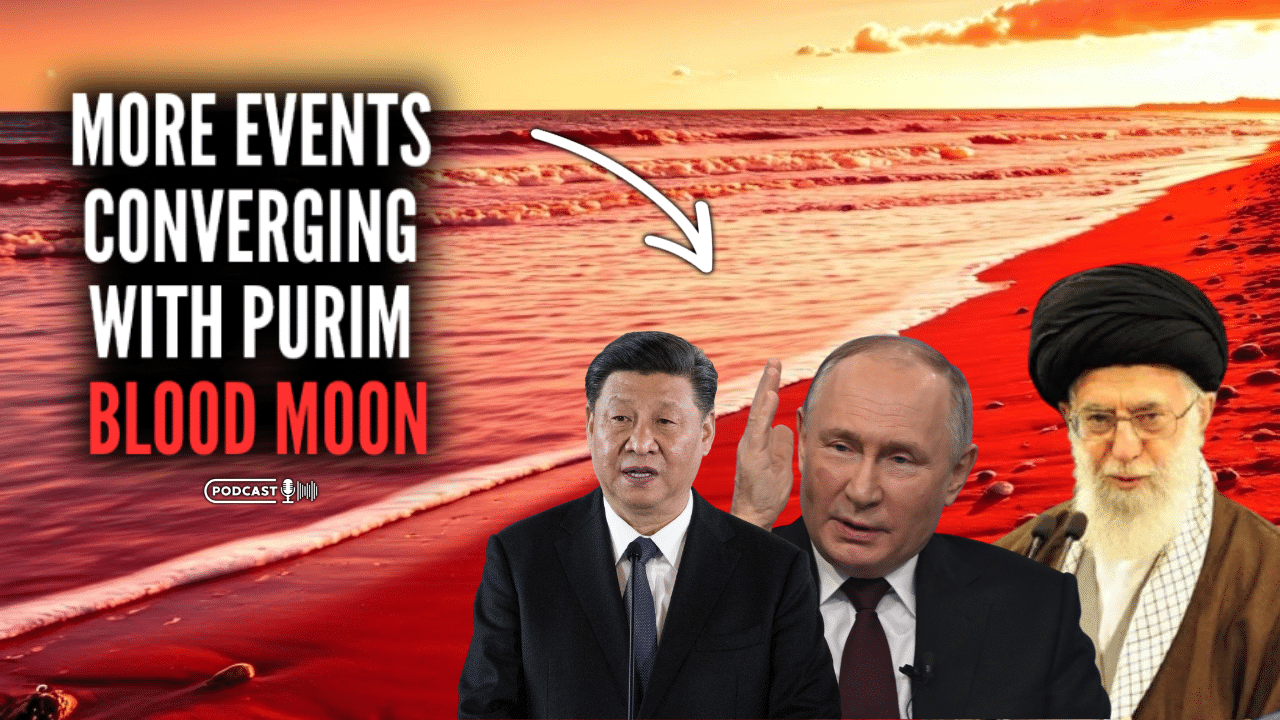In a disturbing escalation of its crackdown on LGBTQ+ rights, the Kremlin has been accused of compiling an electronic database to monitor and track Russia’s queer population, according to multiple mainstream reports.
This development, detailed by independent Russian media and echoed by Western outlets, underscores a broader campaign of repression that has intensified since Russia’s Supreme Court labeled the “international LGBTQ+ movement” as an “extremist” organization in November 2023.
The allegations have sparked widespread concern among human rights advocates, who see this as a chilling step toward further marginalizing an already vulnerable community.
According to a report by Metro UK on February 21, 2025, Russia has been working on this database for over a year, with law enforcement officials from the Ministry of Internal Affairs spearheading the effort.
Sources cited by the independent Russian outlet Meduza claim that the register is being built using police records from recent raids on LGBTQ+ venues and arrests under Russia’s notorious “gay propaganda” law, which was expanded in 2022 to ban any public endorsement of “nontraditional sexual relations” among all age groups.
Dmitry Chukreev, a member of the pro-Kremlin United Russia party, confirmed to Meduza that “records have been kept since the Supreme Court ruling came into force,” adding that “everyone is being recorded and put on record.”
The BBC has previously reported on the Kremlin’s increasing hostility toward LGBTQ+ rights, noting that the 2023 Supreme Court ruling effectively outlawed activism and exposed individuals to criminal prosecution, with potential prison sentences of up to six years.
The Metro UK piece further alleges that the database targets those deemed “extremist” under this ruling, with officials reportedly viewing LGBTQ+ individuals as part of a subversive “paramilitary” network engaged in “devil worship” and an “open gender war” against Russian values.
This move aligns with a decade-long pattern of anti-LGBTQ+ policies under President Vladimir Putin, who has framed the suppression of queer rights as a defense of “traditional family values” against Western influence.
The Associated Press (AP) reported on December 5, 2024, that the situation for Russia’s LGBTQ+ community has worsened significantly since the invasion of Ukraine in 2022.
Putin has cast the war as a broader ideological battle with the West, scapegoating queer individuals as a symbol of foreign decadence.
Parliament Speaker Vyacheslav Volodin’s 2023 declaration that gender transitioning represents “pure satanism” exemplifies the official rhetoric fueling this crackdown.
The New York Times has also documented earlier instances of targeted persecution, such as the 2017 anti-gay pogrom in Chechnya, where security forces detained and tortured dozens of suspected queer individuals with little federal oversight.
The latest database initiative, however, suggests a more systematic, nationwide approach to surveillance.
Despite the Kremlin’s apparent ambitions, Metro UK sources indicate that resource constraints—exacerbated by the ongoing war in Ukraine—may hinder the database’s full implementation.
“There is only one district police officer left for every six districts,” an insider noted, suggesting that authorities lack the manpower to conduct widespread door-to-door checks.
Nevertheless, the mere existence of such a register has already instilled fear, driving some queer Russians into hiding or exile.
The AP highlighted cases of individuals like Gela Gogishvili, fined for “LGBT propaganda” in 2023 before fleeing to France, where he now seeks asylum.
Activists cited by the outlet warn that the database could pave the way for arbitrary arrests and further raids, such as those reported in Moscow nightclubs in late 2024.
Meanwhile, Reuters coverage from 2018 foreshadowed this trajectory, noting how the 2013 “gay propaganda” law had already escalated violence and harassment against queer people, a trend now amplified by the extremism designation.
Human rights groups have condemned the reported database as a gross violation of privacy and freedom.
The BBC and AP both underscore how Russia’s actions contrast with Putin’s public insistence that the country does not discriminate against LGBTQ+ individuals—a claim widely disputed by evidence of censorship, arrests, and now surveillance.
Intriguingly, Metro UK also reported unverified claims that the Kremlin plans to create a public registry of sex workers alongside the LGBTQ+ database, ostensibly to allow citizens to “check a friend or fiancée.”
While the Russian Federation has not officially responded to these allegations, the suggestion hints at an even broader surveillance agenda.










